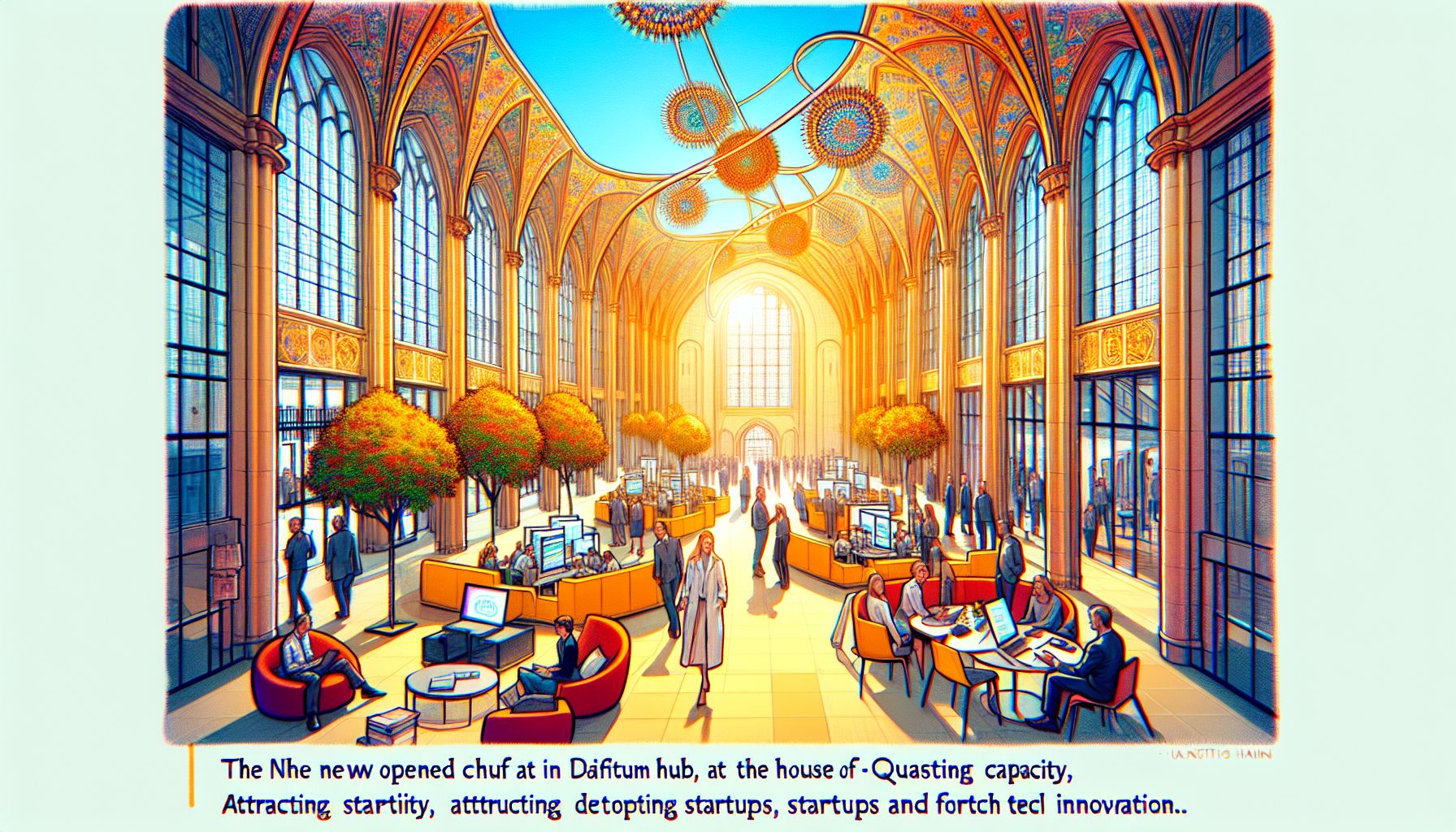TNO Expands Quantum Technology Testing with New Hub in Delft

Delft, Monday, 14 April 2025.
TNO has opened a new hub at the House of Quantum in Delft, doubling testing capacity for quantum technology to meet the high demand from startups and foster Dutch tech innovation.
Strategic Expansion for Quantum Innovation
The expansion comes as part of a strategic collaboration announced on March 30, 2025, between TNO, Invest-NL, and Techleap [5]. The new facility, situated at the House of Quantum in Delft, will provide essential testing infrastructure for quantum information technology startups and scaleups, with partial funding from the National Growth Fund programme Quantum Delta NL [1]. This initiative builds upon TNO’s established presence in quantum technology, including their role as a founding partner in QuTech and their contribution to Quantum Inspire, Europe’s first publicly accessible quantum computer [3].
Technical Capabilities and Industry Impact
The new hub specializes in systems engineering, device and material development, and qubit tuning and characterization [1]. These capabilities are crucial for quantum computing applications, which have shown promise in various fields including optimization, financial services, and drug discovery [2]. The facility’s expansion is particularly timely as quantum computing emerges as a transformative technology in agriculture and life sciences, offering novel solutions for complex computational challenges through quantum bits (qubits) and their unique properties of superposition and entanglement [6].
Leadership and Future Prospects
Under the leadership of newly appointed Quantum Fellow Richard Versluis, TNO aims to accelerate quantum computer technology development through enhanced academia-industry collaboration [3]. As Helen Kardan, Director of Science and Technology at the Unit High Tech Industry, notes, this appointment strengthens TNO’s collaborative approach to advancing quantum technology maturity [3]. The organization has set ambitious goals to address computing power challenges and establish a secure quantum internet before 2030 [3].

